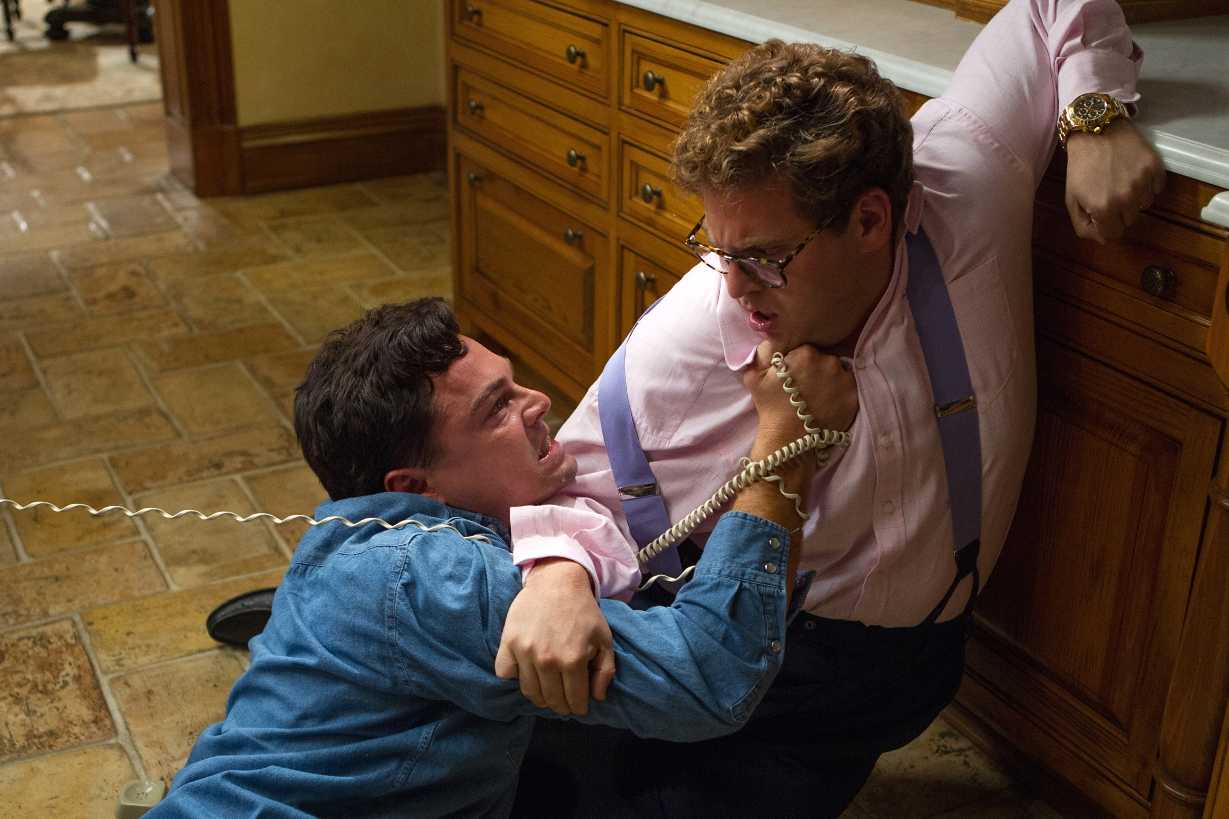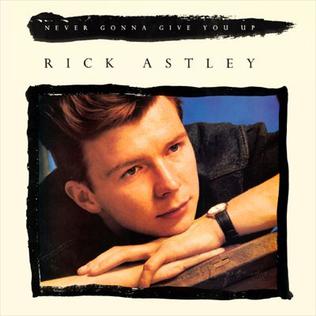“The Wolf of Wall Street” is Audacious, Unhinged, Drugged-Out Filmmaking Mastery
If there is a common thematic thread to be found in the films of 2013, or at least the ones I’ve bothered to consume, it’s one of excess. Of pushing limits. Of pushing one’s moral and physical boundaries to their thinnest possible point, then continuing even further. In fairly rapid succession (if with varying degrees of success), Pain & Gain, The Great Gatsby, The Great Beauty, American Hustle, The Bling Ring and Spring Breakers have held up a mirror to these concepts that are increasingly embedded in our culture — yet it only feels appropriate that the most kinetic, unhinged exploration of this theme should come at the end of the year, in Martin Scorsese’s three-hour hand-grenade of an epic, The Wolf of Wall Street.
For a man so enamored with preserving cinematic history and evidence of its progression, Scorsese has really developed his own language with these sorts of pictures: sprawling, broadly textured, rampantly entertaining explorations of industries that use sin as a fuel, as a virtue. Goodfellas and Casino were famous for these qualities, and The Wolf of Wall Street not only completes this makeshift trilogy, but is every ounce the equal of its predecessors.
It’s the true story of deliriously corrupt stockbroker Jordan Belfort, rendered to an almost scarily accurate degree. The film charts Belfort’s rise — over the late ’80s through the ’90s — to a position of almost unthinkable power and wealth. But rather than focus on the financial ins and outs that Belfort had to navigate, Wolf of Wall Street is considerably more interested in the senseless, pummeling hedonism that his firm launched itself into: the orgies, the overdoses, the parties, the sexual deviancy, the mountains of cocaine, and their ultimately crippling effect on the soul and conscience.
Where this film seems to divide many, however, is its refusal to make a stark judgment on the events that unfold. The Wolf of Wall Street is fairly merciless in that it never shows the endless victims of Belfort’s despicable financial crimes, nor gives its characters any of the standard monologues written for movie characters to show a moral conscience. The truth is, these people don’t have one. The movie’s function, instead, is depicting the seductive, often ingenious power plays they take in order to attain a position of such trust and financial intimacy.
The film then, whether it means to or not, subtly links the seductive power of Wall Street risk with the mega-watt charisma of Hollywood stars — seeing as two of its biggest ones are the forces that propel Wolf of Wall Street forward at every minute. Leonardo DiCaprio and Jonah Hill fearlessly throw movie-star ego and likability by the wayside, with the results being the funniest, most expressive performances of their respective careers. The two must communicate an articulate, smarmy evil while also absolutely losing their minds and physical composure at key intervals — one Quaalude overdose late into the film is, without exaggeration, among the funniest scenes I’ve ever seen on film.
This, to my taste and to my preference, is one of the most entertaining films ever made. It runs at 179 minutes, handily feels half that amount, and creates an insatiable need in me to see Scorsese’s original cut, rumored to run over an hour longer. With the coked-out panache that Scorsese’s held in him since his days as an addict in the ’70s, this film zips by at the speed of a bullet, and with comparable force and impact.
Martin Scorsese, at 71, has made a film with the bravado, breathless utilization of technique, and cocky amorality of someone a third his age. His career genuinely stands alongside the all-time greats of world cinema, when considering the sheer breadth of masterpieces he’s bequeathed over the decades. With this said, The Wolf of Wall Street may not be one of them. It’s a little too jagged, too unkempt, too willfully imperfect. But it’s audacious, fearless, raunchy as shit and the exact film I’ve been waiting to see through a long, dreary moviegoing year.














